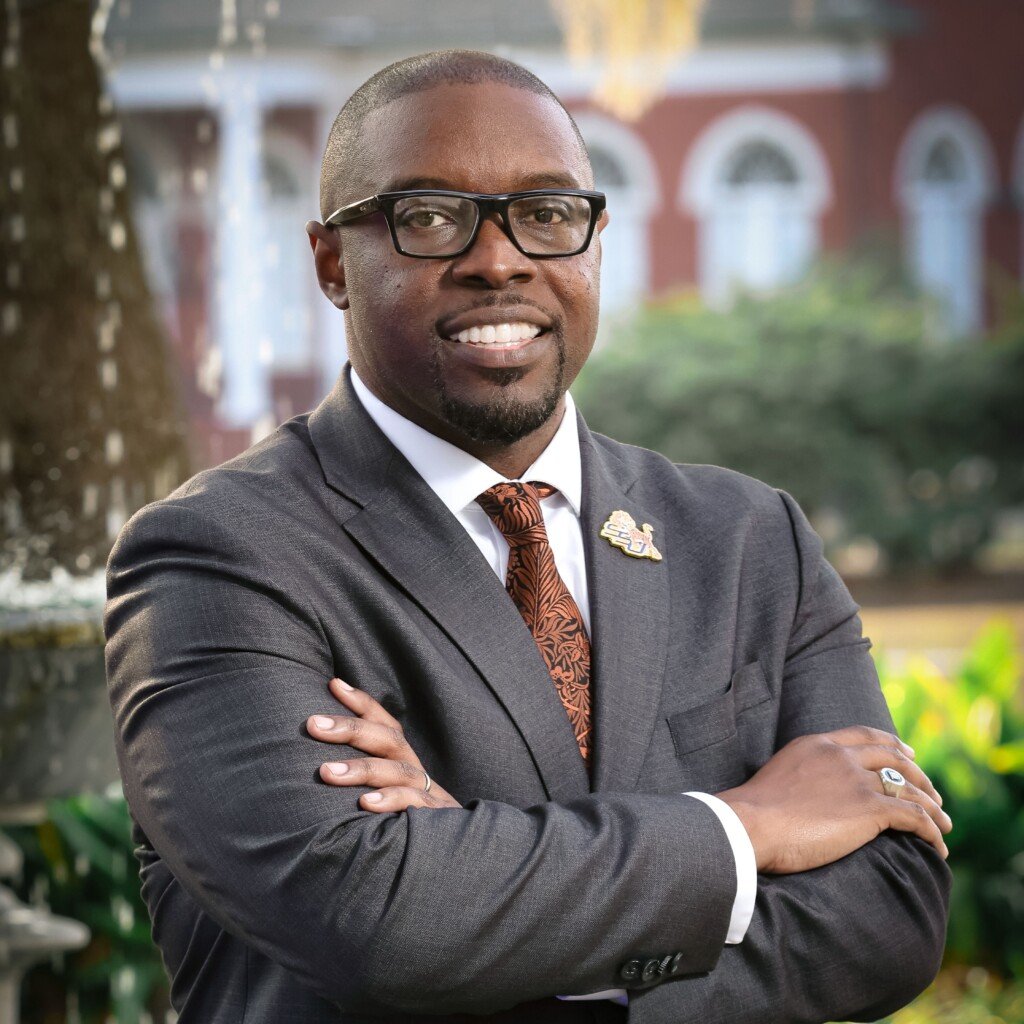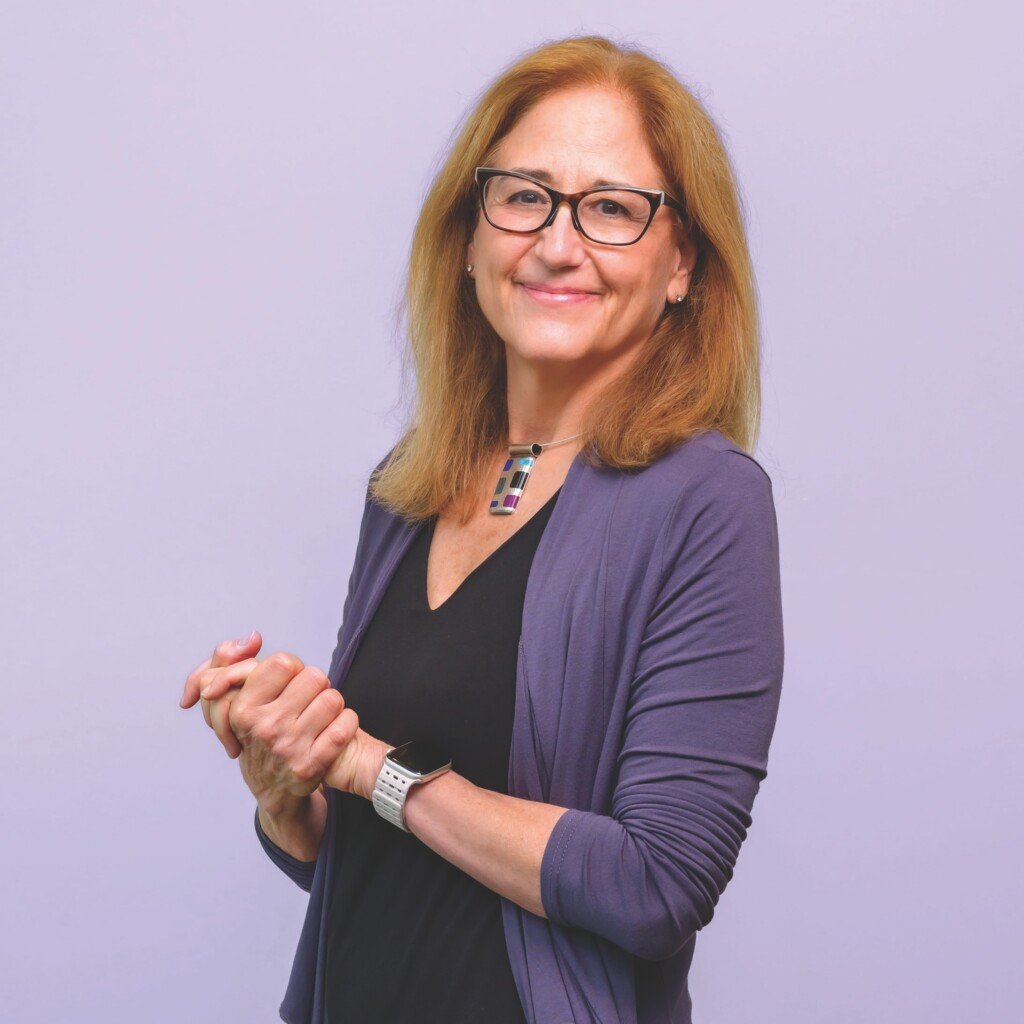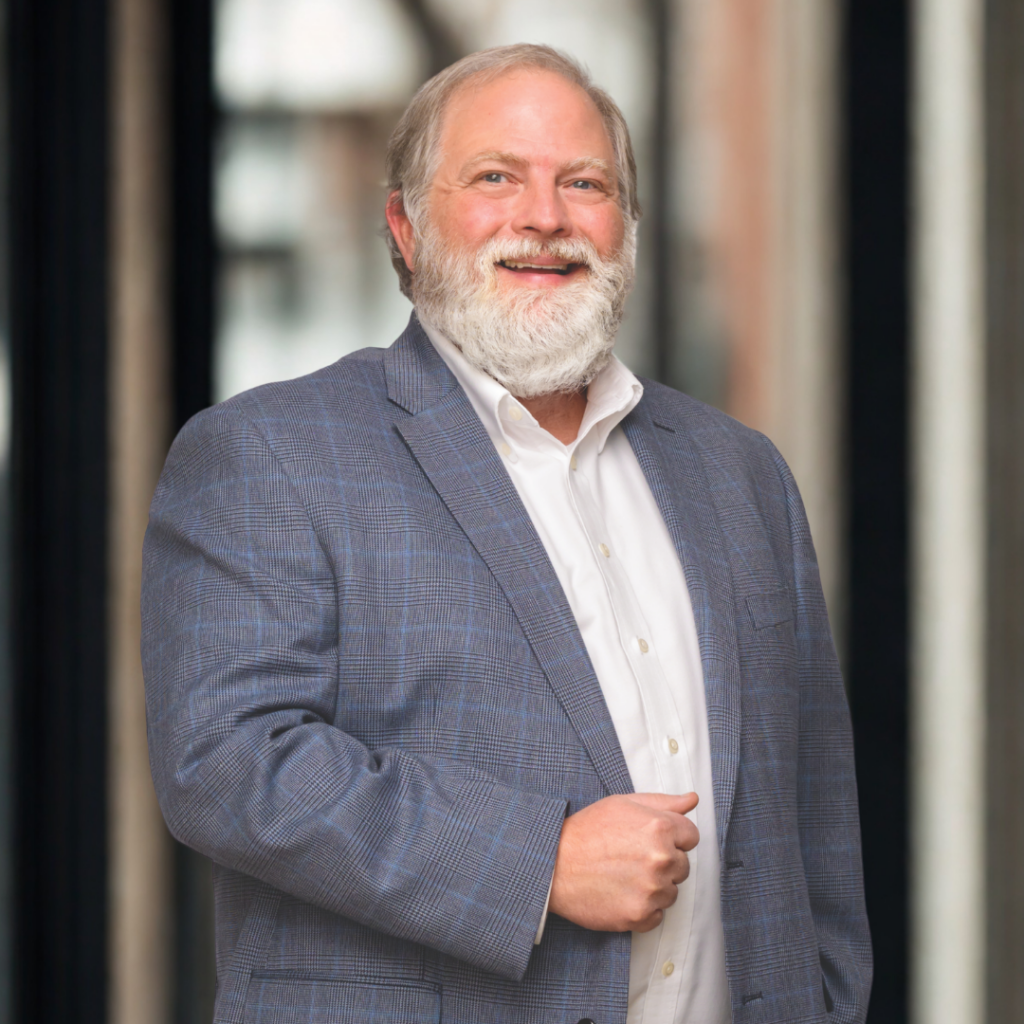Catching up with… Christian Fischer
President and CEO, Georgia-Pacific
Atlanta-based Georgia-Pacific is a leading manufacturer and marketer of bath tissue, paper towels and napkins, tableware, and more. German-born Fischer has served as president and CEO since 2017. These are edited highlights from an interview.
 How does Georgia-Pacific contribute to Georgia’s economic development?
How does Georgia-Pacific contribute to Georgia’s economic development?
 Our biggest contribution is making our products well and responsibly. We make stuff, and therefore we ship stuff. We buy a lot of stuff to do this and so we employ a lot of people, directly or indirectly. Here in Georgia, we add the most value. We have 15 facilities with close to 8,000 employees and create 23,120 indirect jobs. Since 2014 we’ve made $3.398 billion in capital investments [in Georgia, specifically]. We’re also proud to be one of the country’s biggest recruiters of veterans.
Our biggest contribution is making our products well and responsibly. We make stuff, and therefore we ship stuff. We buy a lot of stuff to do this and so we employ a lot of people, directly or indirectly. Here in Georgia, we add the most value. We have 15 facilities with close to 8,000 employees and create 23,120 indirect jobs. Since 2014 we’ve made $3.398 billion in capital investments [in Georgia, specifically]. We’re also proud to be one of the country’s biggest recruiters of veterans.
 How does the principle of stewardship guide Georgia-Pacific’s environmental and community initiatives?
How does the principle of stewardship guide Georgia-Pacific’s environmental and community initiatives?
The role of business in society, which applies to us too, is to provide consumers with a better value and [an] alternative while consuming fewer resources and being responsible. In order to use fewer resources, we need to extract some goods from our earth – such as water or timber. The essence of our stewardship mindset is that we need to do this as efficiently and effectively as we possibly can. We are always looking for better ways to minimize the impact and the unintended consequences on communities. For example, we helped with the first Georgia-grown mass timber project at Ponce [City Market in Atlanta] through supplying the local timber [and] minimizing the greenhouse and carbon impacts.
In general, we take an idea and try to operationalize it into everything. We try to connect employees to the principle and show them how it is mutually beneficial for our business and for our partners who are working with consumers. This way, we try to have 30,000 employees come up with better ideas versus ‘Christian Fischer comes up with one idea that we may never be able to achieve.’
 How do the company’s corporate social responsibility initiatives align with its business objectives?
How do the company’s corporate social responsibility initiatives align with its business objectives?
 You won’t be surprised that we do all the classic things – scholarships, supporting organizations, addressing community needs. The principle of mutual benefit lies at the root of all we do. Our business philosophy, which we call Principle Based Management, says that when our business creates value for employees and communities, these stakeholders create value for us. This bottom-up rather than top-down method drives all our stewardship initiatives. An example that is near and dear to us is justice reform where we worked to bring Café Momentum [a national nonprofit organization combining a restaurant with a youth development program for justice-involved youth] to Downtown Atlanta. We partner with others – NGOs, government agencies, other companies – so we can be stronger than what we could do alone.
You won’t be surprised that we do all the classic things – scholarships, supporting organizations, addressing community needs. The principle of mutual benefit lies at the root of all we do. Our business philosophy, which we call Principle Based Management, says that when our business creates value for employees and communities, these stakeholders create value for us. This bottom-up rather than top-down method drives all our stewardship initiatives. An example that is near and dear to us is justice reform where we worked to bring Café Momentum [a national nonprofit organization combining a restaurant with a youth development program for justice-involved youth] to Downtown Atlanta. We partner with others – NGOs, government agencies, other companies – so we can be stronger than what we could do alone.
 How is the company adapting to supply chain dynamics amid global challenges, like tariffs?
How is the company adapting to supply chain dynamics amid global challenges, like tariffs?
 During COVID, we learned to be nimble and figure out how to react faster. We’ve invested a lot in technology and processes over the last five years and have put monumental effort into tracking how well we do in delivering goods in full and on time. With tariffs, they’re very fluid and uncertain with a wide range of bottoms. The first thing we do is try to not drive ourselves crazy by trying to plan for everything, because that’s impossible. The great thing for us is [that] most of the key raw materials we need are domestically produced and sourced. For the ones which we import, we try to mitigate those things as best as possible with our suppliers. The longer term and harder problem is that [some] equipment, capital goods, machines and spare parts for the paper industry are just not made in this country. Hopefully, the dust will settle before all that becomes a real problem. The greatest concern is the over [the] tariffs on China, which is [one of] the biggest single markets and importers of U.S. goods for most companies on such things as container board for boxes and cellulose for hygienic goods. Fortunately, I don’t think any of those things will disrupt our business but certainly [they] will affect it.
During COVID, we learned to be nimble and figure out how to react faster. We’ve invested a lot in technology and processes over the last five years and have put monumental effort into tracking how well we do in delivering goods in full and on time. With tariffs, they’re very fluid and uncertain with a wide range of bottoms. The first thing we do is try to not drive ourselves crazy by trying to plan for everything, because that’s impossible. The great thing for us is [that] most of the key raw materials we need are domestically produced and sourced. For the ones which we import, we try to mitigate those things as best as possible with our suppliers. The longer term and harder problem is that [some] equipment, capital goods, machines and spare parts for the paper industry are just not made in this country. Hopefully, the dust will settle before all that becomes a real problem. The greatest concern is the over [the] tariffs on China, which is [one of] the biggest single markets and importers of U.S. goods for most companies on such things as container board for boxes and cellulose for hygienic goods. Fortunately, I don’t think any of those things will disrupt our business but certainly [they] will affect it.








